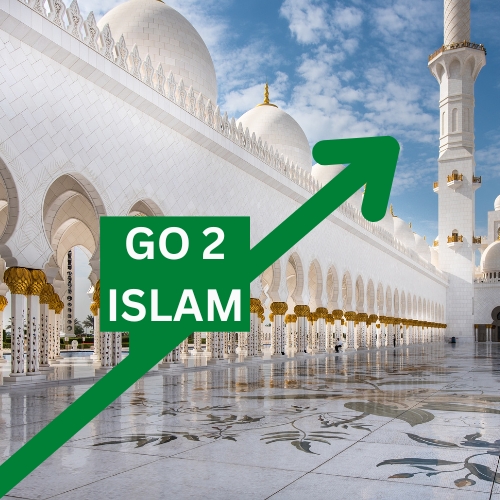The relationship between Islam and democracy has been the subject of debate and discussion among scholars and policymakers for decades. Some argue that Islam and democracy are incompatible, while others argue that the two are not only compatible, but can complement each other.
At the heart of this debate is the question of whether Islam and democracy share common values and principles. While some argue that Islamic teachings promote authoritarianism and do not support democratic values such as individual rights, freedom of speech, and pluralism, others point to examples of democratic systems in predominantly Muslim countries such as Indonesia, Turkey, and Malaysia.
One of the main challenges in assessing the relationship between Islam and democracy is the fact that there is no single Islamic interpretation or authority. Islamic teachings can be interpreted and practiced in different ways by different individuals and groups, making it difficult to make broad generalizations about the religion’s compatibility with democracy.
Another challenge is the historical context in which Islamic teachings developed. Many Muslim-majority countries were colonized by European powers in the 19th and 20th centuries, and the legacy of colonialism has shaped the political, social, and economic systems in these countries. As a result, the relationship between Islam and democracy cannot be divorced from the historical context in which it developed.
Despite these challenges, there are several ways in which Islam and democracy can be seen as compatible. Islamic teachings emphasize the importance of justice, fairness, and accountability, which are core principles of democratic systems. The Quran also emphasizes the importance of consultation and deliberation in decision-making, which can be seen as similar to democratic processes.
In addition, many Muslim-majority countries have embraced democratic systems and have held free and fair elections. While there have been challenges and setbacks in these countries, such as accusations of corruption and restrictions on individual rights and freedoms, the fact that democratic systems have taken root in these countries suggests that Islam and democracy can coexist.
In conclusion, the relationship between Islam and democracy is complex and multifaceted, and cannot be reduced to simple generalizations. While there are challenges in reconciling Islamic teachings with democratic values, there are also ways in which the two can be seen as complementary. Ultimately, the relationship between Islam and democracy will continue to evolve and be shaped by historical, cultural, and political factors in Muslim-majority countries around the world.

